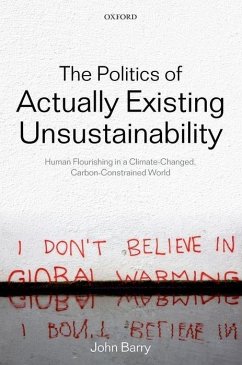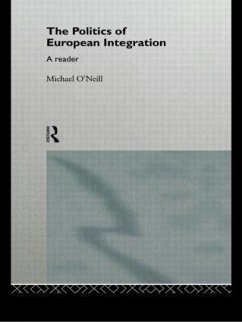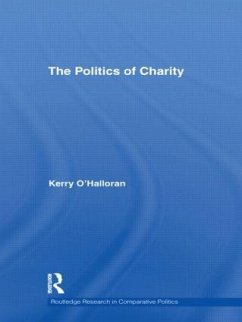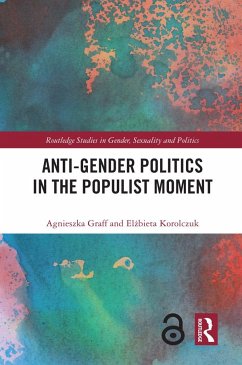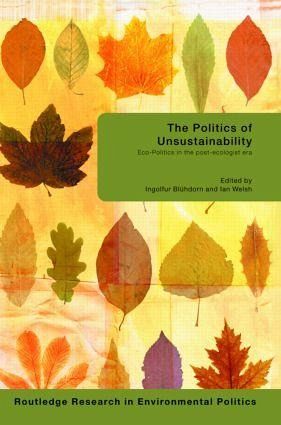
The Politics of Unsustainability
Eco-Politics in the Post-Ecologist Era
Herausgeber: Bluhdorn, Ingolfur; Welsh, Ian

PAYBACK Punkte
89 °P sammeln!
Two decades after its launch by the UN Brundtland Commission, the paradigm of sustainability seems to have reached its limits. Whilst the concept figures more prominently in public debate and policy making than ever before, the ecological footprint of advanced liberal consumer societies continues to grow, and the forceful economic development of countries such as China and India reinforces concerns that the world is moving further away from, rather than closer towards the ideal of sustainability. Given the proven failure of ecological modernisation strategies to secure sustainability, the trad...
Two decades after its launch by the UN Brundtland Commission, the paradigm of sustainability seems to have reached its limits. Whilst the concept figures more prominently in public debate and policy making than ever before, the ecological footprint of advanced liberal consumer societies continues to grow, and the forceful economic development of countries such as China and India reinforces concerns that the world is moving further away from, rather than closer towards the ideal of sustainability. Given the proven failure of ecological modernisation strategies to secure sustainability, the traditional question "How may our established lifestyles and socio-economic practices be made more sustainable?" needs to be supplemented by a second, equally important, question: "How do advanced modern consumer democracies try and manage to sustain what is known to be unsustainable?" Put differently, traditional research into the politics of sustainability needs to be supplemented by a new line of research into the politics of unsustainability. Exploring the recent transformation of eco-political discourses and a variety of ways in which the unfolding paradox of sustaining the unsustainable is being managed, the present volume pioneers this new research agenda. This book was previously published as a special issue of Environmental Politics.






